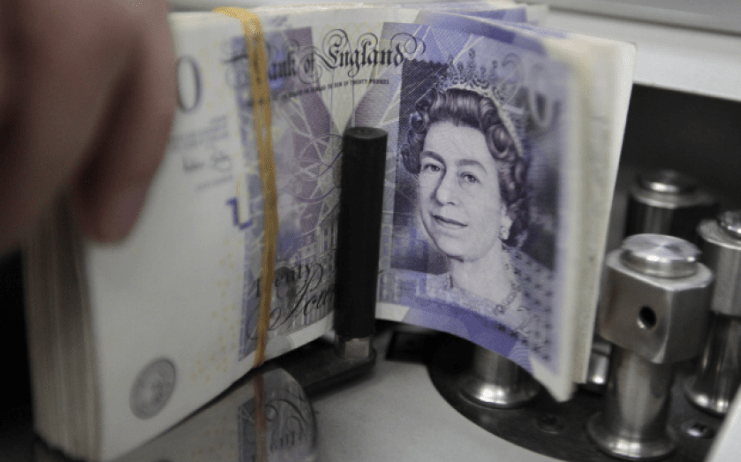Pay cut for FTSE 100 bosses after investors ramp up pressure

FTSE 100 chief executives’ pay packets have dropped sharply according to new figures published this morning, with investors claiming victory in their efforts to impose discipline on remuneration committees.
Blue-chip CEO median pay fell 13 per cent from £3.97m in 2017 to £3.46m in 2018, the most recent year for which data is available.
In total, £465.4m was paid to FTSE 100 top dogs in 2018, a mean average pay packet of £4.7m, down 16 per cent from the previous year.
The Chartered Institute for Personnel and Development and the High Pay Centre said the fall is largely due to less money being awarded through long-term incentive plans (Ltips).
Read more: Vodafone rings cynical tone with token gesture on executive pay
Ltips continue to form the biggest component of chief executive pay and were awarded to 84 per cent of Ftse 100 chief executives.
Andrew Ninian, director of stewardship and corporate governance at The Investment Association welcomed the report.
“In 2019, more than 50 companies have promised to cut their executive pensions because of a campaign by shareholders, while the increased number of votes against individual directors show that shareholders will hold them to account if a company’s approach to pay is unacceptable,” he said.
Pensions also make up a significant proportion of executive pay, with chief executives receiving a pension contribution, or cash in lieu, worth 25 per cent of base salary, compared to eight per cent for average employees.
Read more: Lloyds Bank unveils quarterly dividends payments amid pension pay row
Earlier this year Lloyds Banking Group agreed to cut the cash in lieu of pension contribution its chief executive Antonio Horta-Osorio received from 46 per cent of salary to 33 per cent of salary after criticism from MPs and shareholder advisory groups.
Peter Cheese, chief executive of the CIPD, said: “The gulf between the pay at the top and the bottom ends of companies is slightly smaller this year but it’s still unacceptably wide and undermines public trust in business.”
Matthew Lesh, head of research at pro-free market think tank the Adam Smith Institute, argued that high pay for top performers was essential to the health of the UK economy.
“If we limit executive pay, our best and brightest will simply leave the country for better paid jobs elsewhere – hurting our economy, meaning fewer jobs and lower wages for the rest of us,” he said.